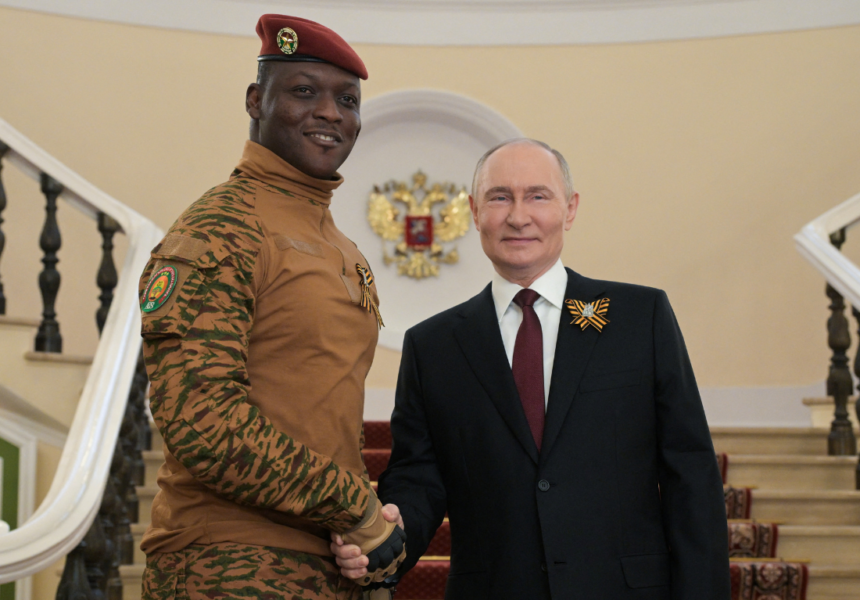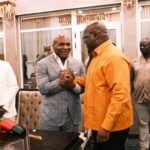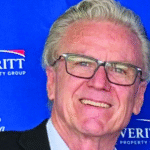Burkina Faso’s President, Captain Ibrahim Traoré, has expressed his desire to strengthen relations with Russia “exponentially,” signalling a push for broader collaboration in technology, trade, and security. The remarks came during a high-profile meeting with Russian President Vladimir Putin in Moscow, where both leaders discussed enhancing bilateral ties amid growing geopolitical shifts.
Speaking at the Kremlin, Traoré emphasised the need for Russian expertise to support Burkina Faso’s development.
“We would like cooperation between us to develop exponentially and take on new forms,” Traoré said. “The main thing you can help us with is knowledge exchange, transferring technology and experience.”
The West African nation, which has faced security challenges from jihadist insurgencies and political instability, has increasingly turned to Moscow for military and economic support following strained relations with former colonial power France.
Putin acknowledged the modest but growing trade volume between the two countries, urging further diversification.
“Our trade is increasing, and this is a positive trend,” the Russian leader said. “We must work together to strengthen economic ties.”
He also highlighted Russia’s continued humanitarian assistance to Burkina Faso despite Western sanctions imposed over the Ukraine war.
“Last year, we delivered 25,000 tonnes of wheat free of charge, and this month, another large shipment of food products will arrive in Ouagadougou,” Putin stated.
Traoré praised Russia’s resilience under sanctions, noting its enduring global influence.
“Despite all the restrictions imposed by some states, Russia maintains a prominent place in the international arena and we take this into account,” he said.
Traoré was among several African leaders who visited Moscow this week, attending the May 9 Victory Day parade commemorating the Soviet Union’s defeat of Nazi Germany in World War II. The event, marking the 80th anniversary of the Allied victory, served as both a symbolic and diplomatic platform for Russia to reinforce ties with Global South nations.
The deepening Burkina Faso-Russia partnership reflects a broader trend of African nations diversifying their international alliances. As Western influence wanes in parts of the continent, Moscow has stepped in with security agreements, economic deals, and diplomatic outreach particularly in Sahel nations undergoing military-led transitions.
Analysts suggest that Traoré’s visit underscores Burkina Faso’s strategic pivot toward alternative partners as it seeks stability and development assistance. With Russia expanding its footprint in Africa, the coming years may see even closer cooperation between Moscow and Ouagadougou, reshaping regional dynamics in the process.










